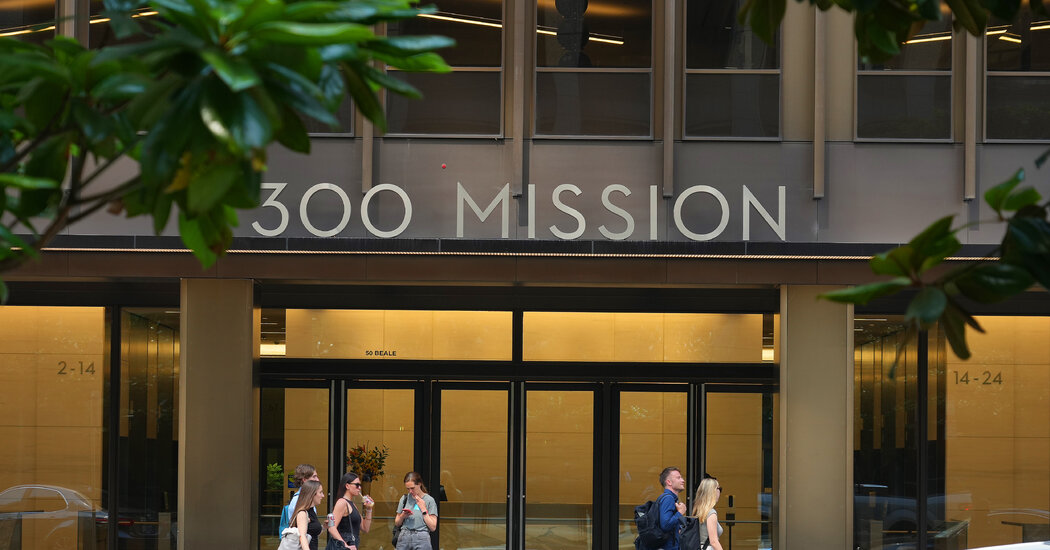
Instacart on Monday priced its shares at $30 each for its initial public offering, at the top of its expected range, in a sign of renewed demand for tech stocks.
The San Francisco-based grocery delivery company had estimated that its shares would be priced at $28 to $30 a share. Instacart raised $660 million in the offering and was valued at $9.9 billion, significantly below its last private fund-raising round in 2021, which valued the company at $39 billion.
The shares will begin trading on Tuesday on the Nasdaq stock exchange under the ticker symbol CART.
Instacart’s offering showcases one of the largest gaps between a company’s private and public market valuations, serving as a reality check for other highly valued, closely held start-ups. Many companies that raised money during the boom times of 2020 and 2021 have slashed their soaring valuations over the last year.
But the fact that Instacart pulled off an I.P.O. at all could give hope to other companies seeking to tap the public markets. Before last week, this had been the worst year for I.P.O.s since 2009, according to EquityZen, a marketplace for private stocks.
Instacart’s pricing follows last week’s successful debut for the chip designer Arm. Arm’s stock was priced at the top of its proposed range and rose 25 percent on its first day of trading.
After Arm’s I.P.O., Instacart raised its proposed price range.
Instacart’s path to the public market, alongside that of Klaviyo, a marketing tech company that will also list its shares this week, has been closely watched from Silicon Valley to Wall Street. A positive reception could persuade more companies to tap the public markets to raise money.
Founded in 2012, Instacart was one of many “gig economy” start-ups that use networks of contract workers to deliver on-demand services like takeout, housecleaning and rides at the tap of a button on an app. Many such companies went out of business or were sold, while the largest players — Lyft, DoorDash and Uber — have struggled to turn a profit.
Instacart managed to do so by expanding into more profitable businesses like advertising and software tools under Fidji Simo, a former Meta executive who took over as the start-up’s chief executive in 2021. The company brought in $2.5 billion in revenue last year, up 39 percent from a year earlier, with $428 million in net profit.
Still, it has endured turbulence. After a surge in orders from people stuck at home during the first year of pandemic lockdowns, Instacart’s growth slowed drastically in 2021. Last year, its grocery orders grew 18 percent from 2021, and orders in the first half of this year were flat compared with a year earlier.
Instacart tried projecting confidence about its public offering by securing a $175 million investment in its I.P.O. shares from PepsiCo before its listing. Sequoia Capital, which owns a 19 percent stake in Instacart, and D1 Capital, which owns 14 percent, were also among a group of firms that said they were interested in buying $400 million of Instacart’s I.P.O. shares.
It was enough to lure Wall Street investors back to the table after several years of rocky performances from young tech companies.
Apoorva Mehta, the Instacart co-founder who stepped down as chief executive in 2021, owns an 11 percent stake. At $30 a share, his holdings are worth $869 million.
Meredith Kopit Levien, The New York Times’s chief executive, sits on Instacart’s board.













